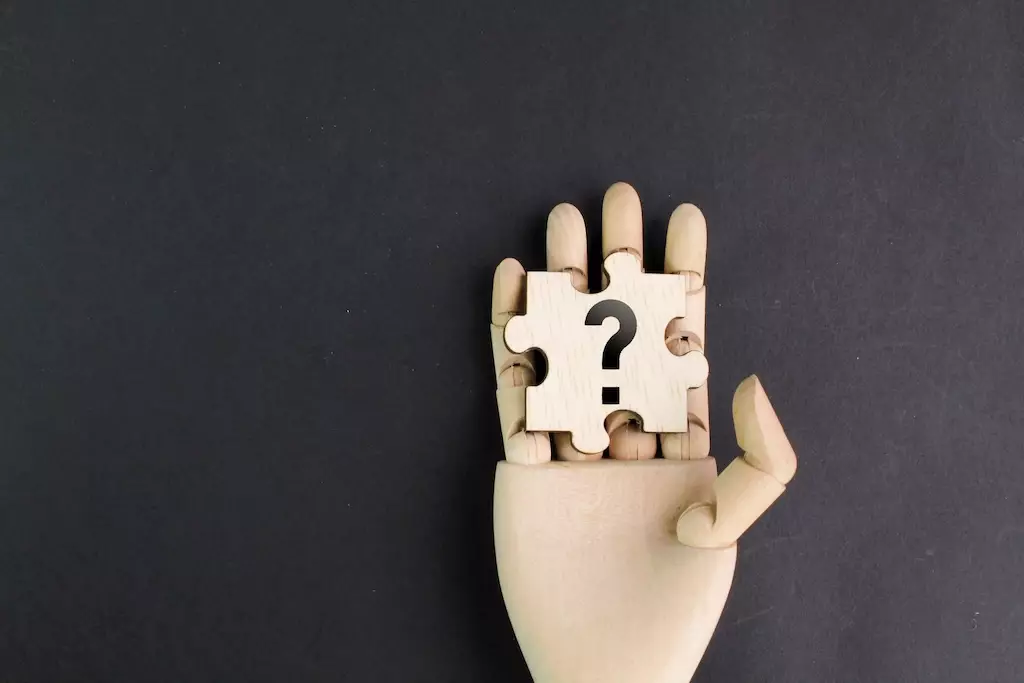From Cases to Caution: Medication-Induced Gambling Behaviors
- 11/01/2024
- 5 min read
The phenomenon of gambling behavior as an adverse drug reaction is associated with specific medications that impact the brain’s neurotransmitter systems, particularly those influencing dopamine levels. Dopamine, a neurotransmitter tied to pleasure and reward, is crucial in decision-making and impulse control. Medications often prescribed for conditions such as Parkinson’s disease (PD) or restless legs syndrome (RLS) can have dopaminergic effects. In some instances, individuals taking these medications may encounter an unexpected side effect: a surge in impulsive behaviors, including heightened engagement in gambling activities. Although the mechanism behind this adverse drug reaction is not fully understood, it is believed to stem from the drugs’ impact on the brain’s reward circuitry.
In medical literature, intriguing cases of such occurrences occasionally come to light. Recently, the DrugCard platform uncovered a selection of these cases, and we’re eager to share them with you.
Take a look at how literature monitoring works in DrugCard.
Medical literature unveiling Pramipexole’s surprising side
An article featured in the Danish medical journal “Ugeskrift for Læger” recounts two instances of gambling addiction following the use of Pramipexole. Pramipexole manages Parkinsonism and restless leg syndrome. Initially approved by the FDA for PD treatment in 1997 as a standalone therapy or adjunct to other primary agents, Pramipexole later received FDA approval for RLS treatment in 2006 following several studies. Notably, serious adverse effects of pramipexole treatment include compulsive behaviors like punding and impulse control disorders such as gambling, excessive shopping, and hypersexuality.
Case report I: Patient with no prior gambling behavior
In 2007, a 57-year-old woman with RLS received a prescription for Pramipexole, gradually reaching a dosage of 0.52 mg × 1 by 2012. Around 2010, she developed a compulsive urge to gamble on online slot machines, escalating into an uncontrollable habit after 2012. Depleting her salary within days, she resorted to borrowing, quick loans, and selling possessions. Job loss, likely due to her nocturnal gambling habits and fatigue, further exacerbated her situation. Despite seeking help at various gambling addiction centres without success, her request for advanced treatment in 2019 was denied due to ongoing dopamine agonist therapy. Upon referral to a neurological clinic, the medical team tapered off Pramipexole and replaced it with gabapentin and oxycodone. As the Pramipexole decreased, so did her gambling urges, completely vanishing post-treatment. She estimated losing 1,000,000 DKK over ten years due to her gambling addiction.
Case report II: Patient with pre-existing gambling background
A 59-year-old woman prescribed Pramipexole for RLS in 2011 gradually increased to 0.36 mg nightly with occasional additional doses. Despite regular poker playing since the 1990s, she noticed an escalation in gambling impulses in 2011. Both frequency and amounts increased, providing a sense of euphoria. She concealed her gambling activities, solely focused on acquiring funds for the habit, and experienced heightened shopping urges due to financial constraints from gambling. Seeking help at a gambling addiction centre proved ineffective. However, there she encountered another patient warning her about the link between Pramipexole and gambling addiction. Referred to a neurological clinic, she underwent pramipexole tapering, transitioning to gabapentin and oxycodone. After 5-6 weeks, her gambling urges diminished. She estimated losing 500,000-600,000 DKK over approximately ten years.
Pramipexole doses and gambling behavior: Two cases explored
The mentioned case histories emphasize that even at low doses prescribed for RLS, pramipexole treatment can occasionally trigger gambling addiction. This occurred in both a patient with a history of gambling tendencies (case II) and another without such tendencies (case I). The side effect profile is estimated to be the same as with corresponding doses of other dopamine agonists. Thus, the risk of developing gambling addiction is also similar. The likelihood of this side effect rises with higher doses.
Yellow Cards on the rise: Aripiprazole and the invisible dangers of gambling
In late December 2023, the MHRA issued a reminder regarding the potential risk of pathological gambling associated with Aripiprazole, an atypical antipsychotic. Aripiprazole is FDA-approved and primarily prescribed for managing psychosis in schizophrenia patients. It is also used as monotherapy or adjunctive therapy for acute manic episodes in bipolar disorder. Concerns arose due to reported cases where individuals, unaware of the link between aripiprazole and gambling issues, experienced the development or exacerbation of gambling problems. Since early 2023, there has been a surge in “Yellow Card” reports for Aripiprazole, citing gambling, gambling disorder, or obsessive-compulsive disorder. Notably, patients without a prior gambling history lost substantial sums and accrued significant debt. Discontinuing Aripiprazole often led to a notable reduction or complete cessation of gambling urges. However, some patients were unaware of this potential side effect.
Conclusion
The article delves into how certain medications affecting dopamine levels can trigger gambling behavior as a side effect. It highlights Pramipexole, approved for Parkinsonism and restless leg syndrome, which has been linked to gambling tendencies. The case histories showcased in the article stress the risk, regardless of prior gambling habits, especially at higher doses. Additionally, Aripiprazole, an atypical antipsychotic, has raised concerns due to reported gambling issues. Notably, stopping Aripiprazole often reduces gambling urges. This emphasizes the need for healthcare professionals and patients to be more aware of these potential risks.


